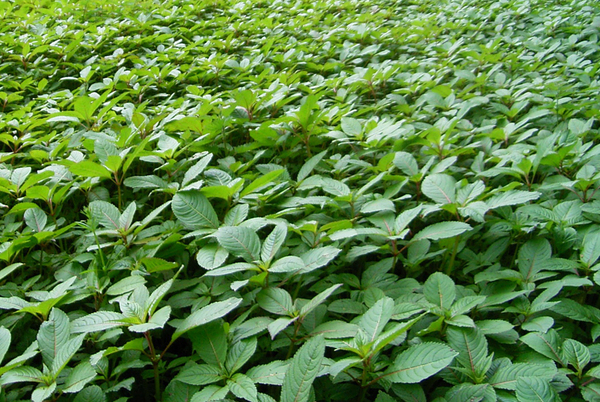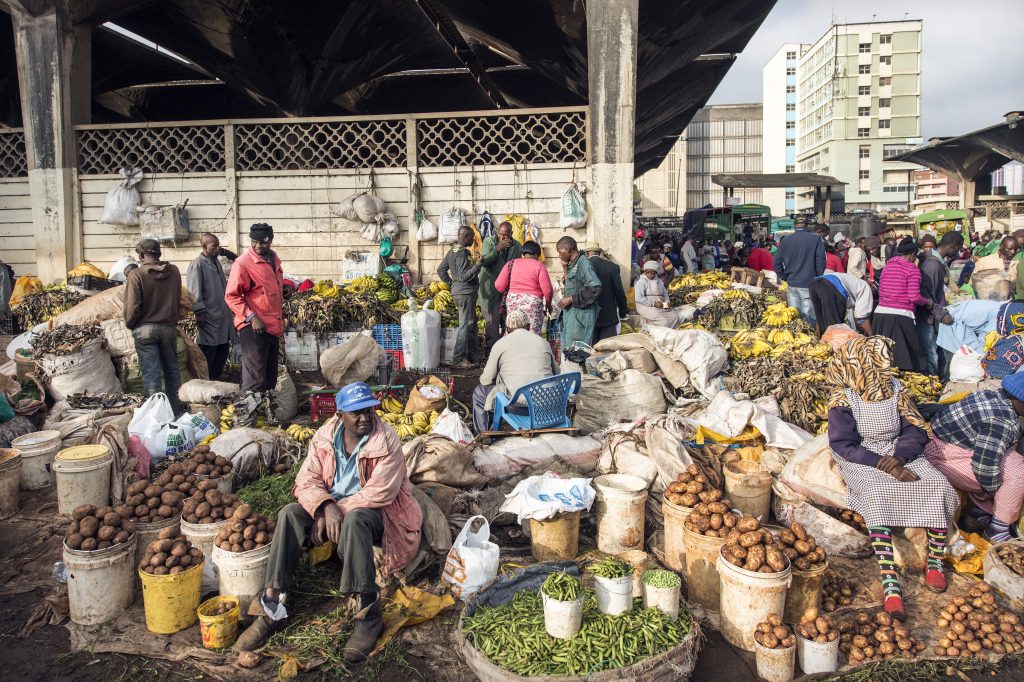Taming ornamental plant invasion in Kenya
In this video, scientists and local people explain the dangers of Opuntia stricta, an invasive cactus weed covering large tracts of land in Kenya’s semi-arid Laikipia County, and efforts in place to tame its spread and adverse impacts.
CABI’s new biocontrol video
CABI has produced a new video which focuses on how we are using biological control, or biocontrol, to manage some of the worst invasive species that are affecting farmers’ livelihoods.
My UK adventure
By Fernadis (Feddy) Makale, MRes, CABI It all started with a single application email after coincidentally stumbling on a scholarship ad online. Landing in the UK at almost sub-zero temperatures I didn’t know what was ahead of me. I had successfully won a scholarship for a Research Masters (MRes) degree co-funded by CABI and…
Pakistan’s papaya pest squished through biocontrol
A severe infestation of the papaya mealybug (Paracoccus marginatus) nearly wiped out papaya orchards in Pakistan before this largely farming South Asian country decided to replace conventional chemical pesticides that were ineffective, with natural predators that proved to be successful.
Alien hunters in Indonesia – protecting natural parks and forest ecosystems in SE Asia
The Global Forum on Agricultural Research (GFAR) posted four blogs about CABI’s activities in its ‘Partner Spotlight’ feature. One of these was on a four-year Global Environment Facility (GEF) funded project that we led which ended recently. The FORIS project was about preserving important genetic diversity in some of SE Asia’s forests. The blog is…
Invasive species – telling the story of the hidden threat to livelihoods
The Global Forum on Agricultural Research (GFAR) has blogged about CABI’s activities in its ‘Partner Spotlight’ feature (12-15). One of these was our new invasive species programme which is re-posted here. Millions of people living in rural communities around the world face problems with invasive species –animals, diseases, insects and plants – that are out…
CABI at EcoSummit 2016
CABI promoted its new invasive species initiative at this year’s EcoSummit event which took place in Montpellier, France, from 29 August – 1 September. CABI’s latest initiative aims to tackle the issue of invasive species to improve the lives of 50 million farmers in Africa and Asia. Launched in Copenhagen in 1996, the event provides…
New European Union IAS Regulation
Invasive alien species are a major threat worldwide, impacting upon millions of livelihoods and threatening biodiversity. The situation is worsening, due in no small part to increased global trade and transport. The economic costs of IAS can be vast: worldwide, invasive species are estimated to cost US$1.4 trillion per year – close to 5% of global…
Invasive species: A global threat to trade and livelihoods
A new report supports the fact that invasive species have the potential to undermine global food security and sustainable development, a vital statement supported by Goal 15 of the Sustainable Development Goals which states that we need to: introduce measures to prevent the introduction and significantly reduce the impact of invasive alien species on…
Malaria incidence and invasive plants – is there a link?
3.2 billion people are still at risk of getting malaria. Although progress has been made, if we are to achieve a 90% reduction in global malaria incidence and mortality by 2030 we must do more. Controlling invasive species may be part of the solution. The path will not be easy. Mosquitoes are becoming increasingly resistant…



